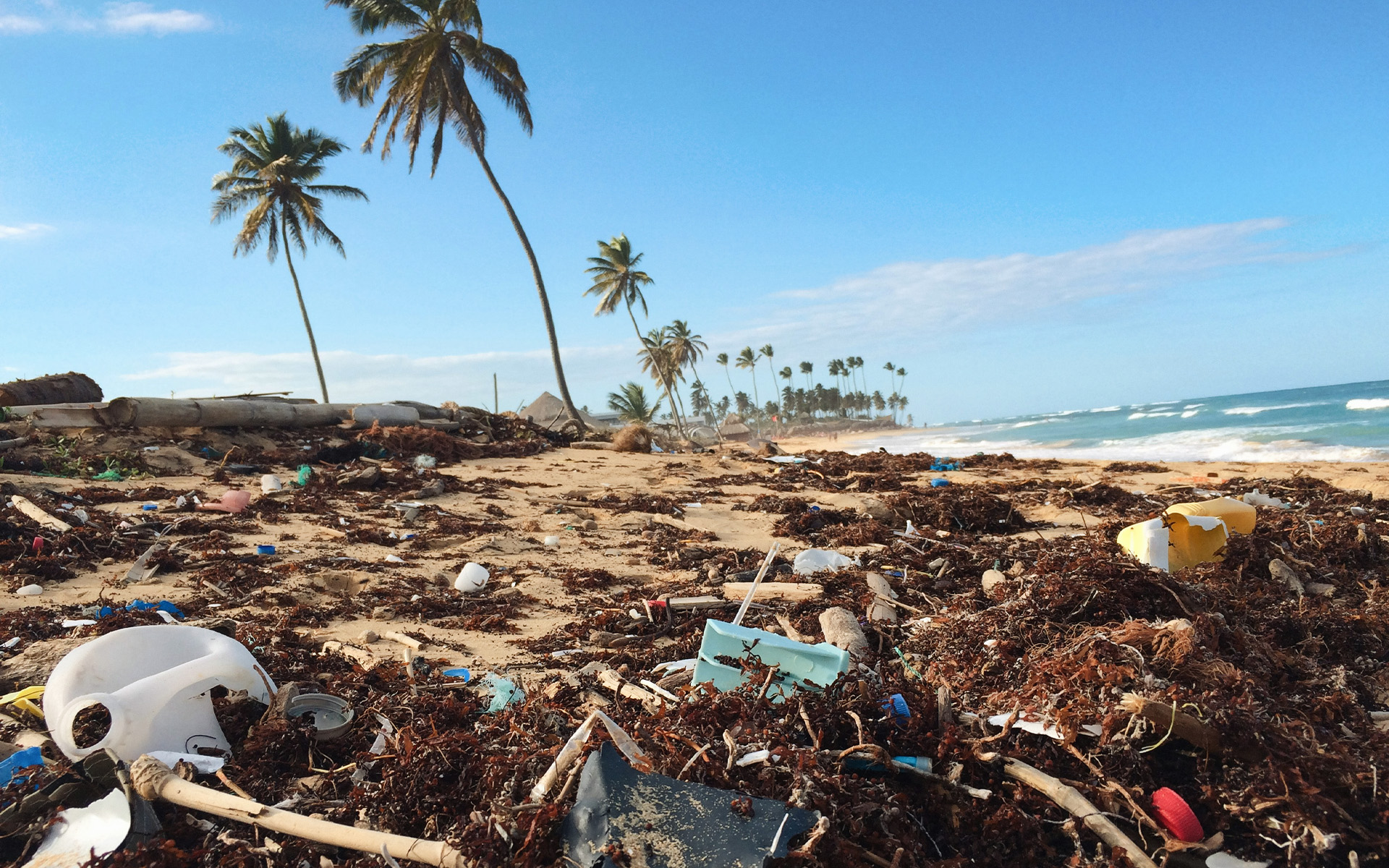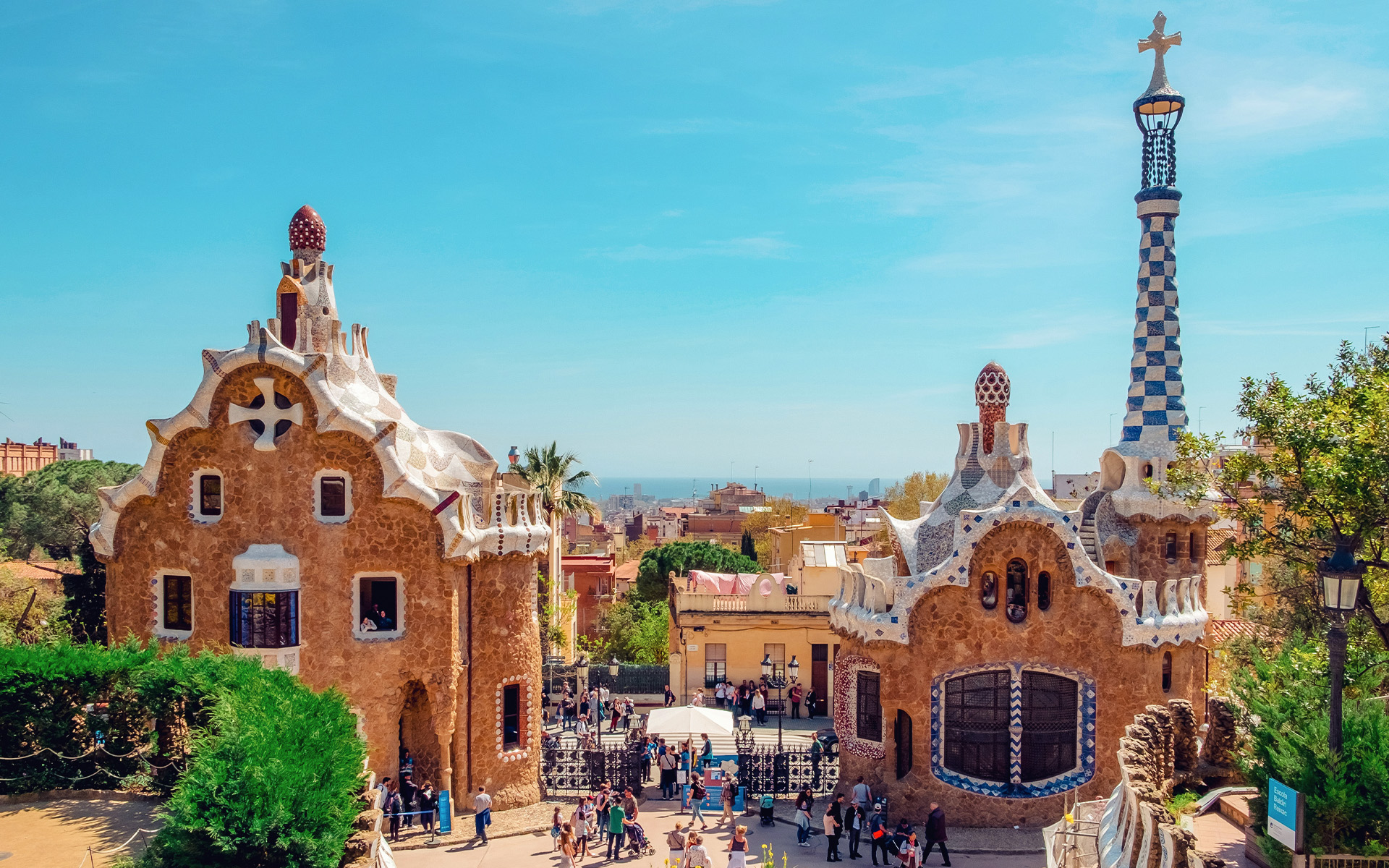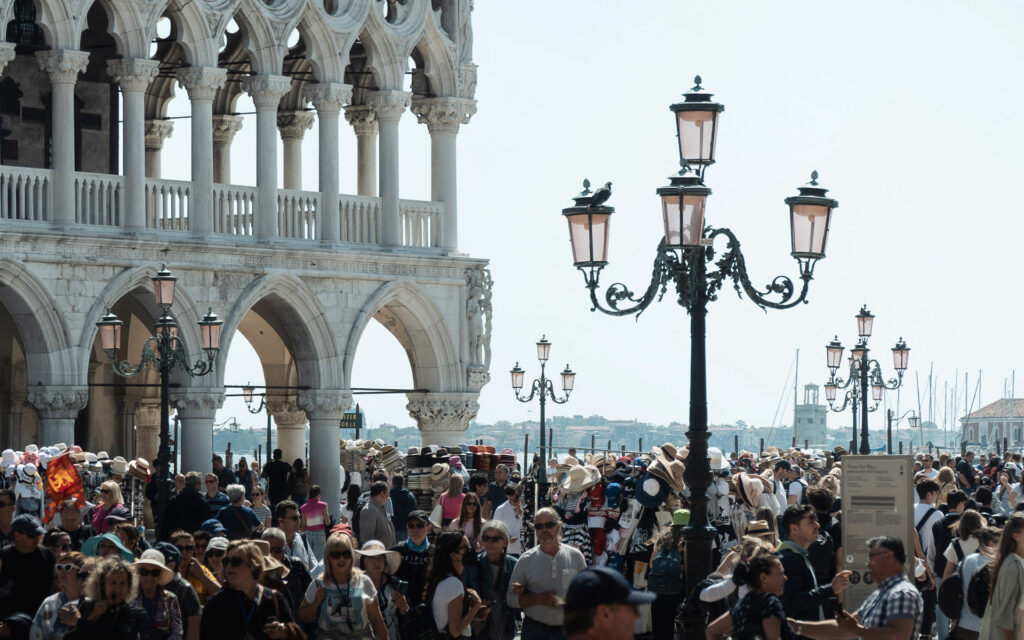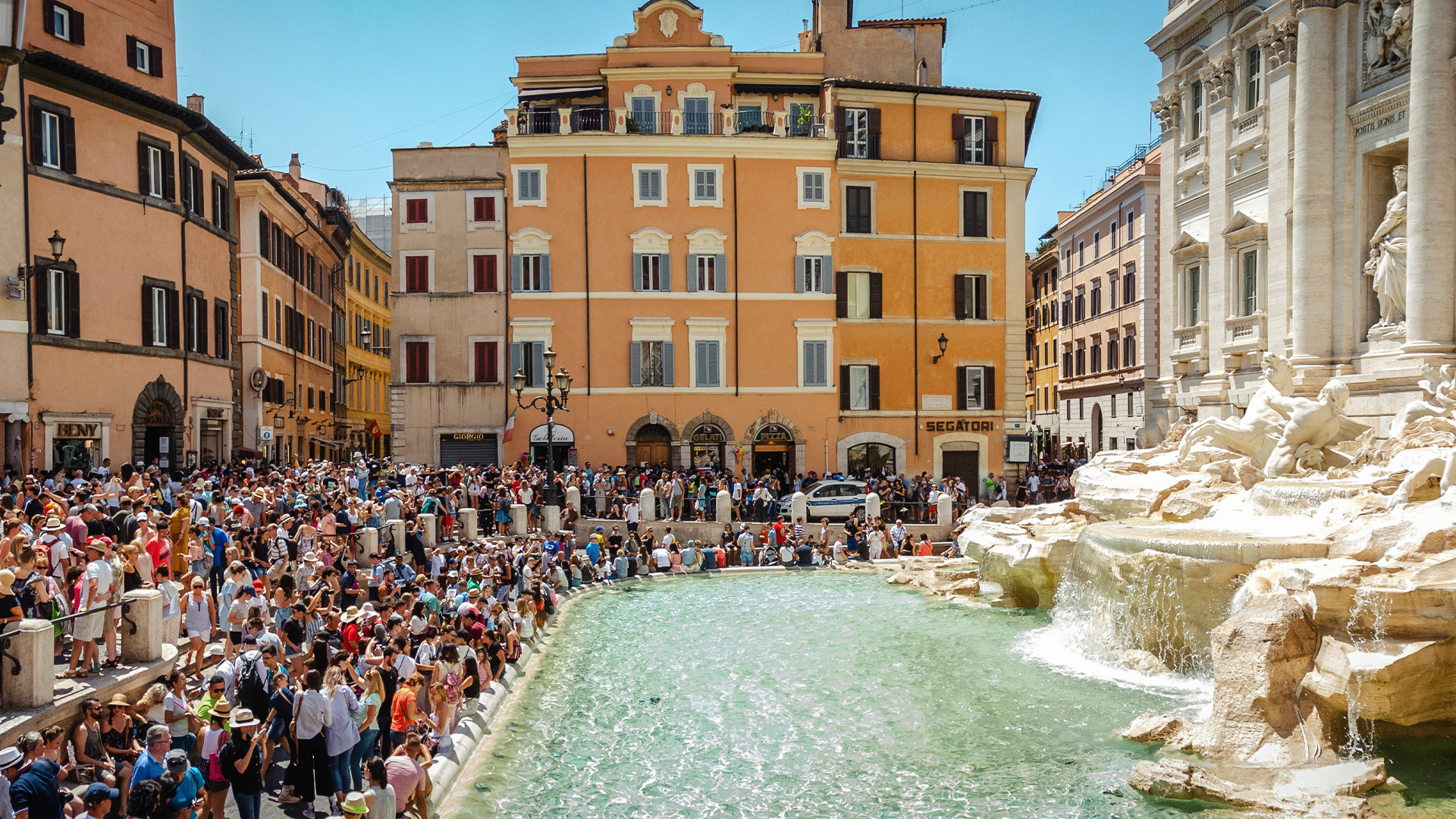We all love to travel and get to know different places. Planning a long vacation or just a weekend getaway always excite us. What many people do not know is the impact that mass tourism has on nature and the most visited cities in the world.
Tourism generates economic, cultural and social benefits. Still, as a counterpart, it harms the environment and the quality of life of the citizens of the tourist centres. Among the negative consequences, we can find the following.
Damage, degradation and loss of natural ecosystems, due to the trampling of vegetation, the cutting of trees for the construction of infrastructure (hotels, apartments, restaurants, etc.) and increased traffic. Something as simple as picking plants, mushrooms or flowers can generate changes in the environment.

Water and soil contamination from waste produced by the influx of tourists on beaches, rivers or lakes and from the use of fossil fuels. Water quality and consumption are affected by the use of chemical products in water parks or large swimming pools.
In addition, massive events attract tourists from all over the world and cities and their residents suffer the consequences. The demand for energy, food, water, and living costs increases and many local residents are displaced to less touristic and less expensive areas. The increase in visitors also leads to changes in the social and cultural norms that preserve natural heritages.
What are the controversial activities, related to mass tourism, that affect consumer interests?
Overbooking. It is the overbooking of seats, reservations or tickets that can be offered. This is detrimental to consumers, who must accept other options or give up their trip without compensation.
Greenwashing. Presenting an environmentally friendly tourism offer, when it is not, or only to a very limited extent. Consumers believe they are contributing to sustainability, but in reality, they support companies that pollute, damage ecosystems or generate waste.
Dumping. This is unfair competition. Very low prices are offered to eliminate competition in the market. Generally, low-quality services or poor conditions are offered.
As we can see, mass tourism and the hotel industry generate pollution and cause damage to the environment. It is time to opt for a more sustainable type of tourism. Travelling and getting to know new places in a responsible and nature-friendly way is possible.
Here are three examples of cities that have changed their regulations and norms to protect their heritage and the quality of life of their citizens:
Barcelona. It is one of the most important tourist destinations in Spain. Famous for its architecture, beaches, gastronomy, and culture. Mass tourism has driven locals out of the real estate market, as the amount of housing available for rent has been significantly reduced. To regulate this problem, actions have been taken such as the regulation of tourist accommodations, the prohibition of hotel construction, taxes on tourism and a limitation on the number of visitors.

Machu Picchu. This destination, declared a World Heritage Site by UNESCO, is one of the most visited in South America. It is an archaeological site that receives 1.5 million visitors per year. This has put the conservation of the site at risk, so the government has established protection measures. Among them are a daily limit of access per day, the closure of the Inca Trail during February for maintenance work, the division of visiting hours, the requirement of official tour guides, and new access routes that do not affect the Heritage.
Venice. This Italian city, characterized by its canals, architecture, and history, has suffered from tourist overcrowding for years. Congestion, water pollution, erosion of buildings due to the entry of large boats, loss of identity, and price increases. To regulate this congestion, Venice has implemented city entrance fees, zone restrictions, the promotion of responsible tourism and the limitation of cruise ship entry.

These three cities have begun to regulate mass tourism but there are many more that share the same proposals. In addition to the regulations of each city, there are worldwide regulations that attempt to reduce the negative impact of tourism on the environment.
One of these is the Global Code of Ethics for Tourism (GCET), a set of general principles intended to guide tourism development stakeholders, such as governments, communities, industry, and tourists. Its purpose is to maximize the benefits for the sector and reduce its negative impact on the environment. This organization has been recognized by the United Nations since 2001.
We can also mention the Convention Concerning the Protection of the World Cultural and Natural Heritage, an international treaty approved by the member states of UNESCO that promotes the identification, conservation, and protection of properties or sites of universal value considered World Heritage Sites.
These changes in local and international regulations are part of a new perspective that is more respectful of nature. Ecotourism is part of this perspective. This is a type of tourism that revolves around appreciating and observing nature and the traditional cultures found there.

It seeks to minimize the negative impact on the natural and sociocultural environment, maintaining the natural areas that constitute the tourist attraction. It also benefits the host communities economically, offering employment opportunities. In addition, local populations are made aware of the need to conserve and care for their natural and cultural heritage.
Generally, tourist groups are small and are led by specialized tour guides. The principles of ecotourism include fostering environmental and cultural awareness and respect, and providing positive and memorable experiences for visitors. And finally, to recognize the rights and spiritual beliefs of peoples and communities. Would you like to try sustainable tourism?





